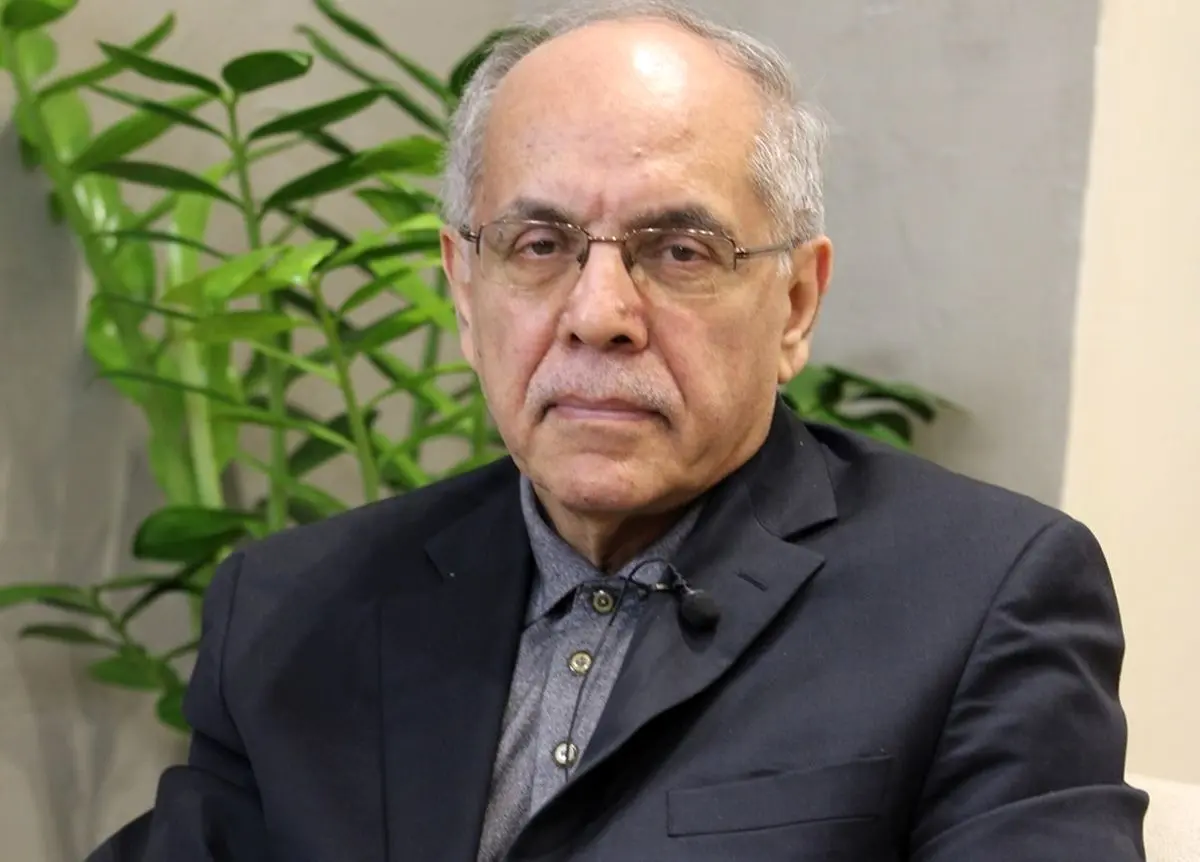SAEDNEWS: Former Iranian diplomat Kourosh Ahmadi believes there is still a chance to reach a deal that could delay the activation of the UN snapback mechanism, though Iran’s rejection of Europe’s legitimacy complicates the path forward.

According to Saed News, Kourosh Ahmadi, a former diplomat of the Islamic Republic of Iran at the United Nations, in an interview with Etemad Online, responded to the question of whether, given the tense tone of the last phone call between Iran’s foreign minister and his European counterparts, and the subsequent warning issued by the UK foreign secretary, there remains any chance of extending the deadline for activating the snapback mechanism.
He stated: “I think there is still a chance for reaching an agreement. There are seven days left until the end of August, during which negotiations can continue. If within this time frame an agreement is reached to extend the deadline, the snapback trigger date of October 17 can be postponed for several months or longer. Following the recent phone call between Iran and the E3, it was agreed that representatives of the four countries would meet at the deputy foreign ministerial level next Tuesday, and this may open the way for an extension. However, Iran has previously rejected any extension, arguing that agreeing to it would imply recognizing the authority of the three European states to activate the snapback mechanism. This is critical because Iran has already formally denied this authority in a letter to the UN Security Council, and both China and Russia have supported Iran’s position in separate letters.”
He further explained that perhaps an extension could be arranged through a formula that would not imply acknowledgment of Europe’s authority.
Regarding the Tuesday talks, Ahmadi noted: “Around five weeks ago, Europe set conditions for an extension, including Iran resuming cooperation with the IAEA and negotiating with the US toward a deal to replace the JCPOA. This shows that the E3 no longer see themselves as direct parties to Iran’s nuclear file, but rather stress the necessity of US-Iran talks. The upcoming meeting will thus likely focus on these European conditions and the possibility of an extension, while other issues—such as Ukraine and European detainees in Iran—will surely be raised as usual.”
Asked whether, beyond the legal aspects, an extension could politically and diplomatically benefit Iran, he said: “It depends on Iran’s strategy and political will. If our officials have a well-designed plan to address problems with the West, extending the deadline could provide an opportunity. Otherwise, it would merely delay the crisis, prolonging uncertainty in the economy and domestic politics. In my view, it is in the interest of the government and the nation for Iran to move toward resolving its disputes with the West, particularly on enrichment. Without such a solution, the shadow of war will remain, and economic conditions will worsen.”
On whether diplomacy could still return after the mechanism is triggered, he remarked: “If political will exists among all parties—Iran, the E3, the US, and the Security Council members—it may still be possible to halt the process even after the start of September. However, there is no doubt the West will not allow the deadline to pass without the return of previous UNSC resolutions, since otherwise, Resolution 2231 would expire and Iran’s nuclear file would be closed at the Security Council. In that case, though, the IAEA Board of Governors could still refer Iran’s case back to the Security Council, but adopting new resolutions would be more difficult given Russia’s and China’s opposition.”

